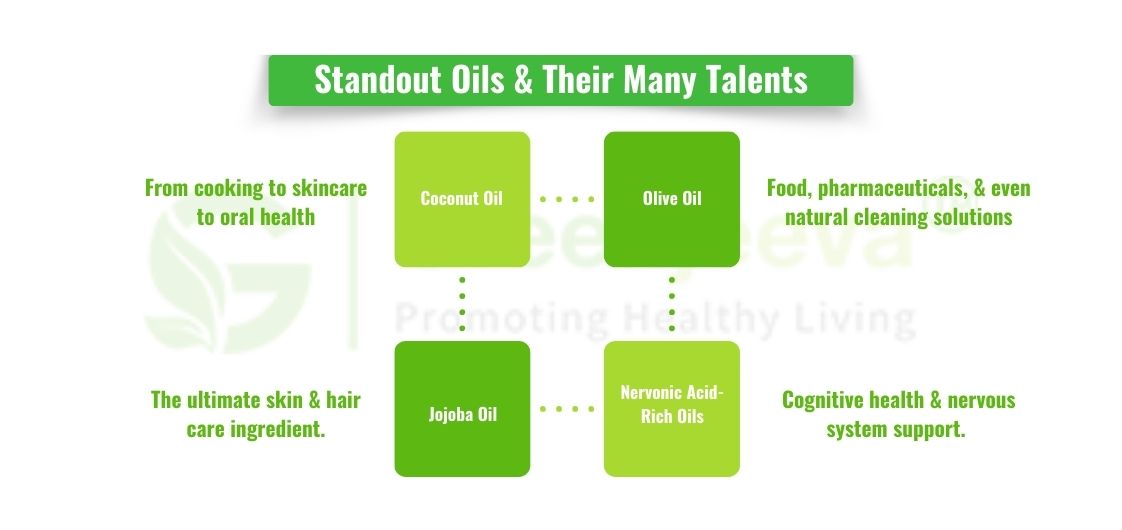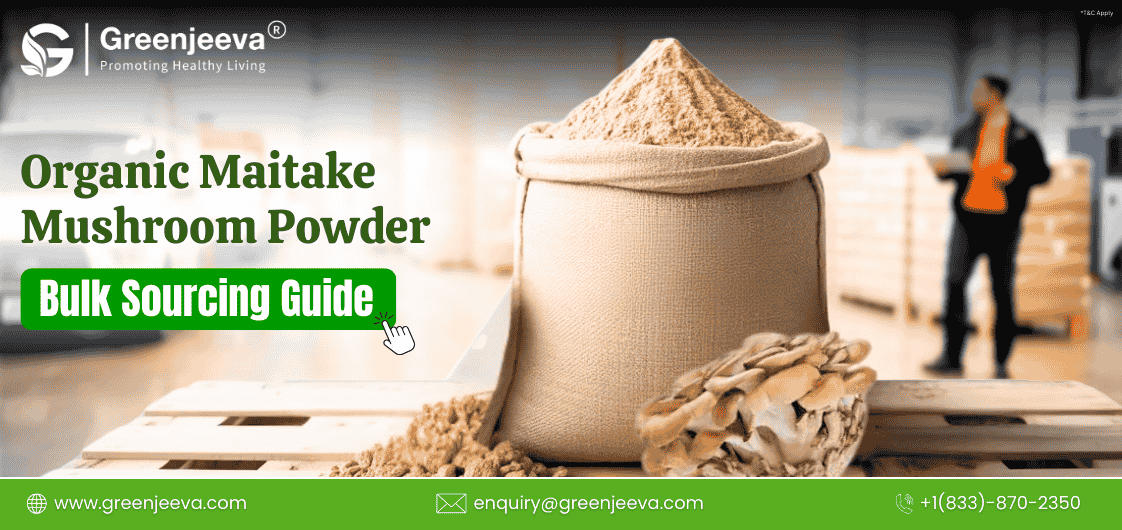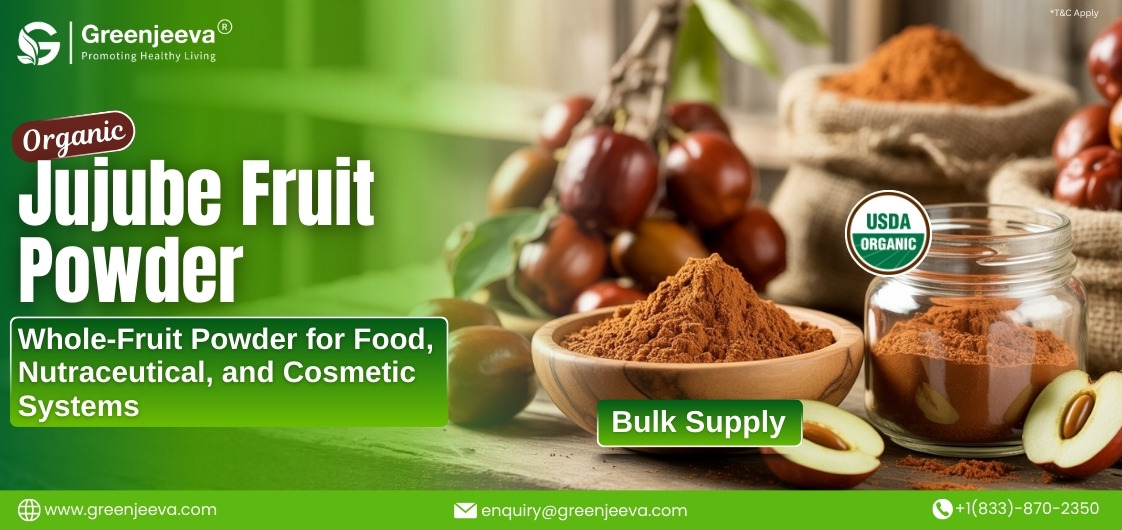Why Wholesale Plant-Based Oils Are Revolutionizing Manufacturing Industries

Plant-based oils are having their moment—and for all the right reasons. From your favorite skincare serum to that deliciously creamy salad dressing, these oils are popping up everywhere. And it’s not just about trends; it’s about sustainability, versatility, and meeting modern consumer demands. For manufacturers in cosmetics, food, and pharmaceuticals, wholesale plant-based oils are proving to be a game-changer. Let’s dive into why these oils are stealing the spotlight and how they’re shaping a more sustainable future.
Plant-Based Oils: The Star Ingredient Across Industries
When we say plant-based oils, we are not just talking about cooking up your next stir-fry. These oils are multi-tasking wonders, finding their way into:
Cosmetics: Think argan oil giving you shiny hair or rosehip oil bringing a glow to your skin. These oils are the backbone of clean beauty, offering hydration and anti-aging benefits.
Food: Coconut oil, avocado oil, and olive oil are kitchen staples and for good reason. They’re nutrient-packed and deliver rich flavors while supporting plant-based diets.
Pharmaceuticals: Oils like evening primrose and flaxseed are making waves in wellness, especially for their benefits in hormonal balance, cognitive health, and inflammation. Ever heard of nervonic acid supplements? Yep, plant-based oils are behind those too.
Why Go Wholesale?
For manufacturers, sourcing these oils wholesale is like hitting the jackpot. Here’s why:
• Cost Efficiency: Buying in bulk keeps production costs down—essential for scaling up.
• Quality You Can Count On: Consistency in quality is crucial when you’re creating products for picky consumers.
• Customization: Need a specific oil blend for that groundbreaking product? Wholesale suppliers have got you covered.
Sustainability: The Winning Edge
What really sets plant-based oils apart is their sustainability. In a world where eco-consciousness is becoming the norm, these oils tick all the right boxes.
Better for the Planet:
• Lower Carbon Footprint: Compared to animal-based or synthetic oils, plant-based options generate fewer emissions during production.
• Biodegradable: They naturally break down, unlike synthetic alternatives that can harm the environment.
• Minimal Waste: Many plant oils are made from agricultural by-products, giving a second life to what might otherwise go to waste.
Meeting Consumer Expectations
Let’s face it—today’s consumers are all about conscious choices. They want products that don’t just look good or taste good but feel good to buy. By using sustainable oils, manufacturers tap into that emotional connection, building trust and brand loyalty.

Standout Oils and Their Many Talents
Every plant-based oil brings something unique to the table. Here are a few stars:
Coconut Oil
• Uses: From cooking to skincare to oral health (oil pulling, anyone?).
• Why It’s Loved: It’s hydrating, germ fighting savior, and packed with MCTs that boost energy.
Olive Oil
• Uses: Food, pharmaceuticals, and even natural cleaning solutions.
• Why It’s Loved: Rich in antioxidants and healthy fats, it’s a hero for health.
Jojoba Oil
• Uses: The ultimate skin and hair care ingredient.
• Why It’s Loved: It mimics the skin’s natural oils, so it’s great for hydration without the grease.
Nervonic Acid-Rich Oils
• Uses: Cognitive health and nervous system support.
• Why It’s Loved: Nervonic acid supplements are becoming the go-to for health, making oils like macadamia a hot commodity.
Also read - The Power of Natural Preservatives in Organic Cosmetics
Tech-Driven Sustainability
Advancements in technology are making plant-based oils even more appealing. Cold pressing and CO? extraction ensure that oils retain their nutrients while being produced sustainably. These innovations not only benefit the environment but also give manufacturers a high-quality product to work with.
And speaking of high-quality products, oils rich in nervonic acid are gaining traction for their role in supporting brain health. With the rise of wellness-focused consumers, nervonic acid supplements are becoming a staple in the supplement aisle.
Challenges Worth Tackling
Of course, the road to fully embracing plant-based oils isn’t without bumps:
• Supply Chain Hiccups: Climate changes and agricultural disruptions can make sourcing tricky.
• Price Fluctuations: High demand and seasonal harvests can lead to volatility in costs.
• Regulations: Meeting strict industry standards is non-negotiable, but it can be a maze to navigate.
The good news? These challenges are manageable. Diversifying suppliers, investing in R&D, and prioritizing sustainability certifications can go a long way.
What’s Next for Plant-Based Oils?
The future looks bright—and green. Here are some trends shaping the landscape:
• Functional Oils for Wellness: Expect more oils packed with omega-3s, nervonic acid, and antioxidants for specialized health benefits.
• Eco-Friendly Packaging: As sustainability extends beyond ingredients, manufacturers are adopting greener packaging solutions.
• Local Sourcing: To cut down on transportation emissions, there’s a growing interest in sourcing oils locally.
Why Manufacturers Should Embrace the Shift
Switching to plant-based oils isn’t just about being trendy—it’s about staying relevant. As consumer priorities shift towards health and sustainability, brands that fail to adapt risk being left behind.Wholesale plant-basedoils offer the perfect solution: they’re cost-effective, versatile, and environmentally friendly.
Whether you’re crafting nervonic acid supplements for brain health or developing a clean beauty product, these oils open up endless possibilities. By making the switch, manufacturers can align with consumer values while contributing to a healthier planet.
So, here’s the bottom line: Plant-based oils are here to stay, and their rise is only just beginning. They’re not just an ingredient; they’re a statement—about sustainability, innovation, and the future of manufacturing. If you’re a manufacturer looking to make a difference (and a profit), wholesale plant-based oils might just be your golden ticket.
**The Food and Drug Administration has not evaluated these statements. This product is not intended to diagnose, treat, cure, or prevent any disease.**






